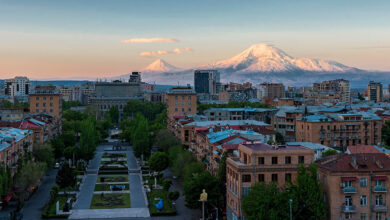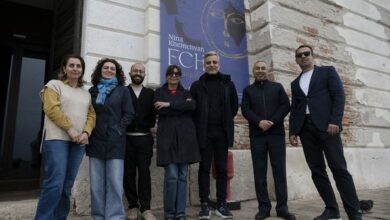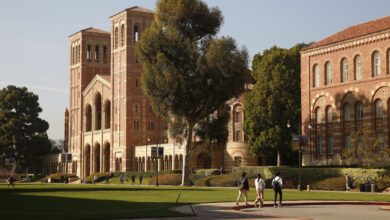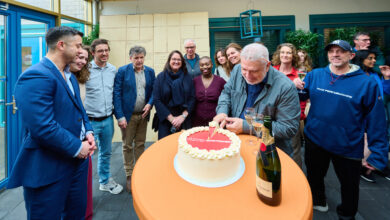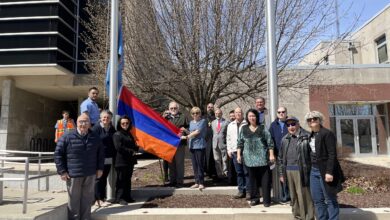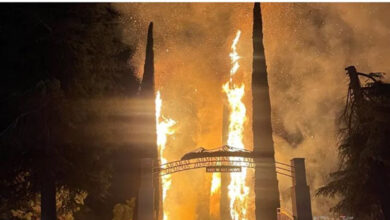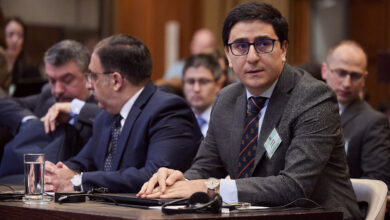Detroit area Armenians mark 100 years since Genocide
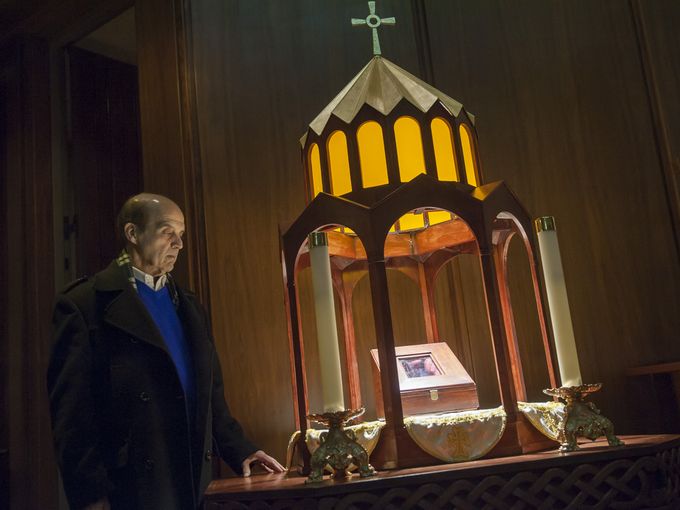
In the small town where Richard Norsigian’s father was born more than a century ago, there were 84 people with the same surname.
But not long afterward, only a handful of those Norsigians remained as the Turkish government began exterminating Armenians or exiling them to other parts of the Ottoman Empire during World War I, he told the Detroit News.
“After the genocide, there were only eight,” Norsigian said. “Fortunately, my father was sent to the United States when he was 16. But his entire family in Armenia was either killed or taken.”
Norsigian is one of the thousands of Metro Detroiters with ties to Armenia who are preparing to mark the 100th anniversary of the start of the Armenian genocide in Turkey on April 24.
Experts estimate 1.5 million people died in the genocide, which began April 24, 1915, and continued for eight years.
Armenian community leaders and groups in Metro Detroit have organized events — including discussions with Armenian filmmakers, Armenian classical music concerts and a special church service — to honor those who lost their lives in the holocaust.
“Armenians have been holding memorials for many, many years,” said Ara Sanjian, an associate professor of history and director of the Armenian Research Center at the University of Michigan-Dearborn. “But because it’s the 100th anniversary, they are on a much grander scale all over the world, including Metro Detroit.”
The only Armenian research center attached to an American university, the center was established to document the Armenian genocide and current Armenian issues.
It’s estimated more than 447,000 people in the United States are of Armenian descent, according to the U.S. Census Bureau. More than 17,000 make their home in Michigan and nearly 11,000 live in Metro Detroit, according to the census bureau.
Metro Detroit’s Armenian community is the fourth-largest Armenian population in the U.S., behind those in Los Angeles, New York and Boston. Most of Metro Detroit’s Armenian community is concentrated in Oakland County.
Despite the passing of a century, the mass killing still resonates with descendants of the victims.
“The fact that 100 years later you still have to explain and prove that what happened to your ancestors was a premeditated crime on a massive scale really incurs a lot of pain for all Armenians,” Sanjian said. “It’s also painful for Armenians that those who used violence have gotten away with it.”
Armenians are optimistic Turkey will take responsibility for the genocide someday, Sanjian said. The attitudes of many individual Turks about it have changed over the past 20 years, he said.
However, a bigger concern is whether or not Armenians will be able to hold on to their identity.
“Our group identity, our unique culture is under threat because of assimilation under the conditions of exile,” he said. “Ultimately, Armenians — outside the Republic of Armenia — consist of small groups that are scattered all around the world.”
In Metro Detroit, a number of Armenian community groups and churches have planned special events to honor the genocide’s victims.
The culmination is a special church service on April 24 at St. Mary’s Antiochian Orthodox Basilica in Livonia.
Clergy from various faiths will participate, including Archbishop Allen Vigneron, head of the Roman Catholic Archdiocese of Detroit.
“It’s a commemoration to the memory of the victims,” said Norsigian, who is co-chair of the Armenian Genocide Centennial Committee of Greater Detroit. “It’s also to raise awareness about the genocide.”
Robert Kachadourian, a member of the committee, agreed.
“It’s an awareness that should be promulgated so the Armenian genocide is never forgotten,” he said.
Like Norsigian, Kachadourian’s father survived the genocide, but most of his family was killed. His father wrote about his experience, Kachadourian said.
“He was 12 years old when it happened and he lost 55 members of his family,” said Kachadourian, a media consultant and local TV show host. “After that, he was in servitude — I call it slavery — for nine years before finally escaping and making his way to Dearborn.”
The Armenian genocide also had a profound impact on Hayg Oshagan and his family.
“My grandfather was one of Armenia’s leading writers and he was supposed to be rounded up,” said Oshagan, a Wayne State University professor and a leader in Metro Detroit’s Armenian community. “He escaped because someone, we don’t know who, warned him the day before.”
“All of us have these stories about how our families made their way out of death,” he said. “The events for the anniversary are an affirmation of our survival. Even though we’re spread across the world, we are here and we’ll continue to be here.”


